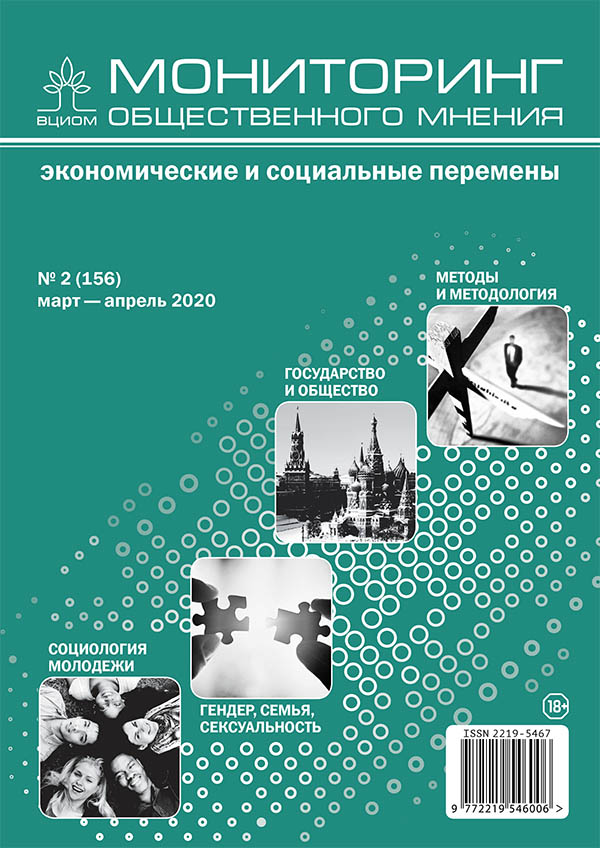Транснациональный мигрант в интернете: теоретические основания исследования транснационализма в режиме онлайн
DOI:
https://doi.org/10.14515/monitoring.2020.2.1637Ключевые слова:
транснационализм, транснациональная миграция, интернет, онлайн-пространство, социология пространстваАннотация
Цель настоящей статьи — определить теоретические основания ответа на вопрос: можно ли стать транснациональным мигрантом в интернете, не пересекая национальных границ? Автор приводит аргументы, которые уточняют смысл вопроса и намечают возможные ответы на него: если да — то в каком смысле, если нет — то по каким причинам? Статья включает определение транснационализма, характеристики транснациональной миграции, обоснования теоретической и эмпирической значимости распространения онлайн-технологий для изменения транснационализма. Автор дает дефиниции понятий «интернет», «всемирная паутина», «кибер», «виртуальный», «онлайн» и «офлайн» и проводит разграничение между ними. Основываясь на социологии пространства А.Ф. Филиппова, автор предлагает три возможных ответа на вопрос о том, является ли интернет пространством: 1) интернет пространственно не организован, но пространство в интернете может быть тематизировано; 2) в интернете существуют пространства, где люди являются участниками и наблюдателями социальных взаимодействий; 3) интернет представляет собой пространство (а именно пространство возможных маршрутов). На основании сформулированных положений обосновываются два типа транснационализма в режиме онлайн: транснационализм маршрутов и транснационализм мест взаимодействий. В заключение сделан вывод, что их наиболее плодотворно рассматривать в качестве идеальных типов транснационализма.
Благодарность. Исследование выполнено при поддержке Российского научного фонда, грант № 18-78-10049.






